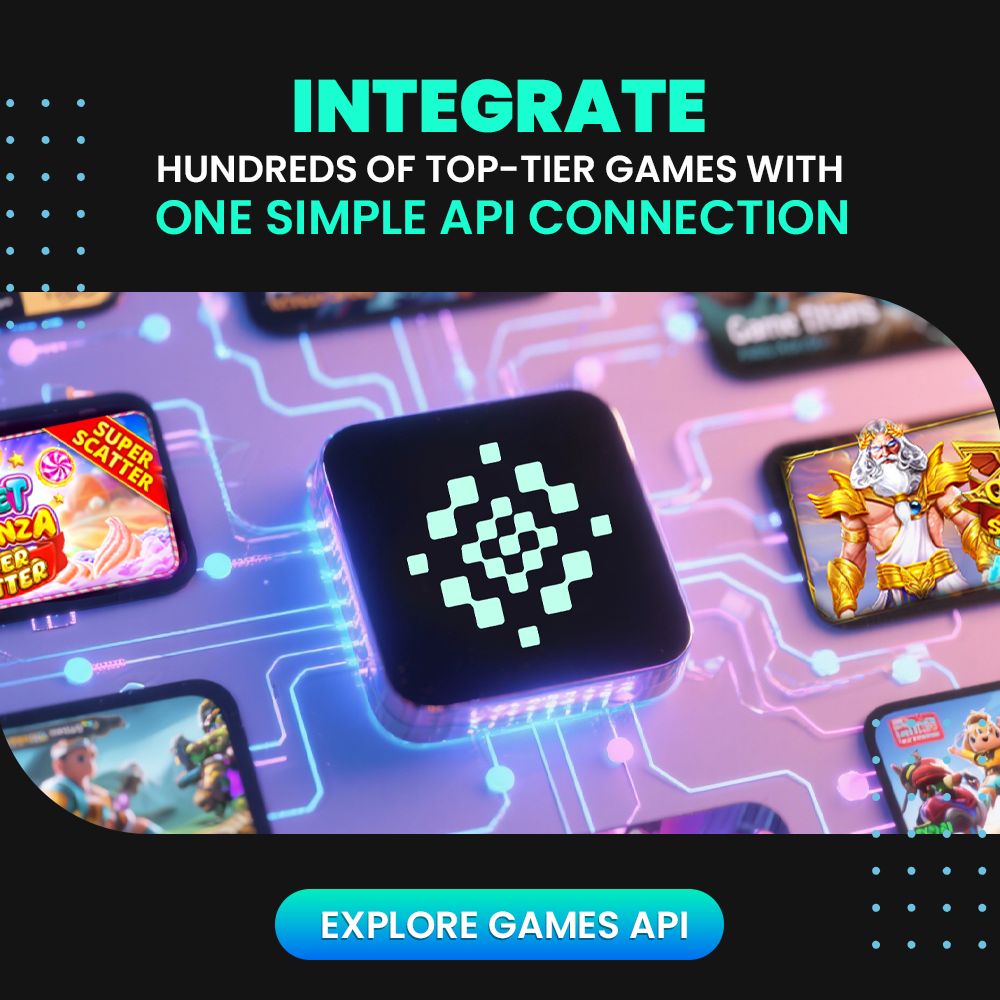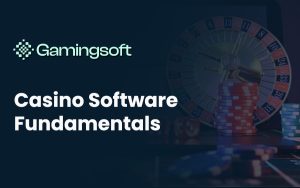The iGaming industry is evolving faster than ever, and with it, the way players place their bets. Traditionally, bettors have used sportsbooks—where the bookmaker sets the odds and takes the risk. But with the rise of betting exchanges, a new model has emerged that puts control back into the hands of the players.
So, what exactly is the difference between a betting exchange and a sportsbook? And more importantly, which model offers the best opportunity for players—and operators—in 2025?

What Is a Sportsbook?
A sportsbook (or bookmaker) is the most familiar model in sports betting. The operator sets the odds for every event, accepts bets from players, and pays out winnings if bets succeed.
- Example: A sportsbook offers odds of 2.0 on Team A to win.
- A player bets $100. If Team A wins, the sportsbook pays $200 ($100 profit + $100 stake).
- If Team A loses, the sportsbook keeps the stake.
Key Features of Sportsbooks:
- Fixed Odds: Bookmaker decides the odds.
- House Edge: Odds often include margins favoring the bookmaker.
- Bonuses & Promotions: Sportsbooks attract players with free bets, risk-free bets, and cashback offers.
- Wide Market Coverage: Football, basketball, horse racing, esports, and more.
What Is a Betting Exchange?
A betting exchange is a peer-to-peer platform where players bet against each other, not the bookmaker. The operator only facilitates the transaction and charges a small commission on winnings.
- Example: Player A “backs” Team A at odds of 2.5 with $100.
- Player B “lays” (bets against) Team A with $150.
- If Team A wins, Player A gets $250 (profit $150 after paying ~5% commission).
- If Team A loses, Player B collects Player A’s $100.
Key Features of Betting Exchanges:
- Back and Lay Bets: Players can bet for or against outcomes.
- Market-Driven Odds: Odds are determined by supply and demand, often better than sportsbooks.
- Transparency: No hidden bookmaker margins.
- High Liquidity Needed: Popular events work best; niche sports may lack betting volume.
Betting Exchange vs Sportsbook: Key Differences
| Feature | Sportsbook | Betting Exchange |
| Who Sets Odds | Bookmaker | Market (players) |
| Who Takes Risk | Bookmaker | Players |
| Profit Model | Bookmaker margin on odds | Commission (2–5% of winnings) |
| Types of Bets | Only “back” bets | “Back” and “lay” bets |
| Odds Quality | May be slightly lower (margin added) | Often better (market-driven) |
| Liquidity | Always available (bookmaker covers) | Depends on number of players in market |
| Bonuses | Free bets, boosts, promos | Limited, but some exchanges offer loyalty programs |
Advantages of Sportsbooks
- Simplicity – Easy to use for beginners.
- Guaranteed Liquidity – Bookmakers always cover the bet.
- Promotions & Rewards – Heavier marketing and loyalty programs.
- Broad Sports Coverage – All major and niche markets available.
Advantages of Betting Exchanges
- Better Odds – Since no bookmaker margin, odds can be 5–10% higher than sportsbooks (Gambling Insider, 2024).
- Lay Betting – Unique ability to “be the bookmaker.”
- Transparency – Peer-to-peer structure avoids hidden margins.
- Fairer Returns – Players control price, not the house.
Disadvantages of Each Model
Sportsbook Cons:
- Odds may not always represent “true” market value.
- High-volume winning players may face account restrictions.
Betting Exchange Cons:
- Requires liquidity—less popular markets may have no bets available.
- Commission slightly reduces winnings.
- More complex for beginners.
Which One Is Better?
It depends on the player type:
- Casual Players: Prefer sportsbooks for simplicity, promos, and easy navigation.
- Experienced Bettors / Traders: Prefer betting exchanges for better odds, transparency, and lay betting opportunities.
From an operator’s perspective, sportsbooks remain dominant due to higher margins and scalable promotions. However, betting exchanges are gaining popularity in Asia and Europe as players demand fairer odds and more control.
How Gamingsoft Powers Both Models
At Gamingsoft, we understand that both sportsbooks and betting exchanges play vital roles in today’s iGaming ecosystem. That’s why we’ve built flexible solutions to support both models:
- AI White Label Platform – Launch a sportsbook or betting exchange in just 10 minutes, complete with AI-driven personalization, UI/UX optimization, and built-in loyalty programs.
- GS Connect+ API Aggregator – 8,000+ games and 200+ providers integrated with sports betting and exchange tools.
- Gamification Suite – Retain players with lifecycle-based engagement across both betting models.
- GSPay Payment Gateway – Multi-currency support, including crypto, ensures fast, secure payouts for both exchanges and sportsbooks.
With 15+ years of experience, 6,000+ API integrations, and 410+ partners worldwide, GamingSoft empowers operators to compete—no matter which betting model they choose.
Final Thoughts
The debate of betting exchange vs sportsbook isn’t about which is better overall—it’s about which fits your players. While sportsbooks provide ease and reliability, exchanges empower bettors with better odds and greater flexibility.
For operators in 2025, the winning strategy may not be choosing one over the other, but offering both models under one platform to maximize reach.Ready to launch your sportsbook or betting exchange with industry-leading speed and scalability? Contact Gamingsoft today and see how our AI White Label and GS Connect+ solutions can transform your iGaming business.




